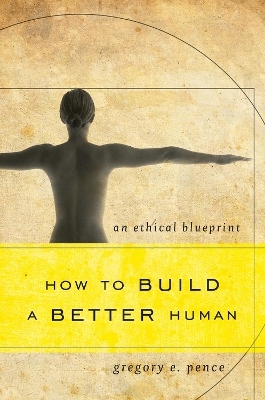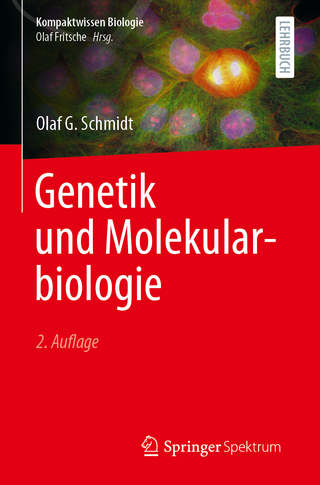
How to Build a Better Human
Rowman & Littlefield (Verlag)
978-1-4422-1762-1 (ISBN)
The little success to date has been sporadic and financed privately. In How to Build a Better Human, prominent bioethicist Gregory E. Pence argues that people, if we are careful and ethical, can use genetics, biotechnology, and medicine to improve ourselves, and that we should publicly study what people are doing covertly. Pence believes that we need to transcend the two common frame stories of bioethics: bioconservative alarmism and uncritical enthusiasm, and that bioethics should become part of the solution—not the problem—in making better humans.
Gregory E. Pence, professor of philosophy at the University of Alabama at Birmingham and an expert in medical ethics, is the author or editor of numerous books on bioethics, including Medical Ethics, Elements of Bioethics, Who’s Afraid of Human Cloning?, and Cloning After Dolly.
Preface
Part I—Competent Adults
Chapter 1: What if Your Virtual Life Surpasses Your Real Life?
Chapter 2: Lessons from Bioethics’ History
Chapter 3: Expanding the Mind with Drugs
Chapter 4: Building Better Female Bodies
Chapter 5: Building Better Male Bodies
Chapter 6: Is it Moral to Feel Better than Well?
Chapter 7: Practical Ways to Build a Longer Life
Chapter 8: Is It Wrong to Live to a Hundred?
Chapter 9: Personalized Genomics: Caveat Emptor!
Part II—Choosing Better, Future Children
Chapter 10: Choosing a Better Embryo
Chapter 11: Eugenic Abortions?
Chapter 12: Building Better Fetuses in Utero
Chapter 13: Building Better Kids at Birth: Vaccinations
Chapter 14: Building Better Minds of Children: Ritalin and Adderal
Part III—Changing Human Nature?
Chapter 15: How Not to think about Genetic Enhancement
Chapter 16: Human Enhancement; Six Psychosocial Objections
Chapter 17: Overview: Cloning, Primordial Cells & Enhancement
Chapter 18: Conclusions and Six Practical Proposals
Acknowledgments
| Erscheint lt. Verlag | 17.10.2012 |
|---|---|
| Verlagsort | Lanham, MD |
| Sprache | englisch |
| Maße | 146 x 223 mm |
| Gewicht | 404 g |
| Themenwelt | Geisteswissenschaften ► Philosophie ► Ethik |
| Medizin / Pharmazie ► Medizinische Fachgebiete ► Medizinethik | |
| Studium ► 2. Studienabschnitt (Klinik) ► Humangenetik | |
| Studium ► Querschnittsbereiche ► Geschichte / Ethik der Medizin | |
| ISBN-10 | 1-4422-1762-6 / 1442217626 |
| ISBN-13 | 978-1-4422-1762-1 / 9781442217621 |
| Zustand | Neuware |
| Haben Sie eine Frage zum Produkt? |
aus dem Bereich


